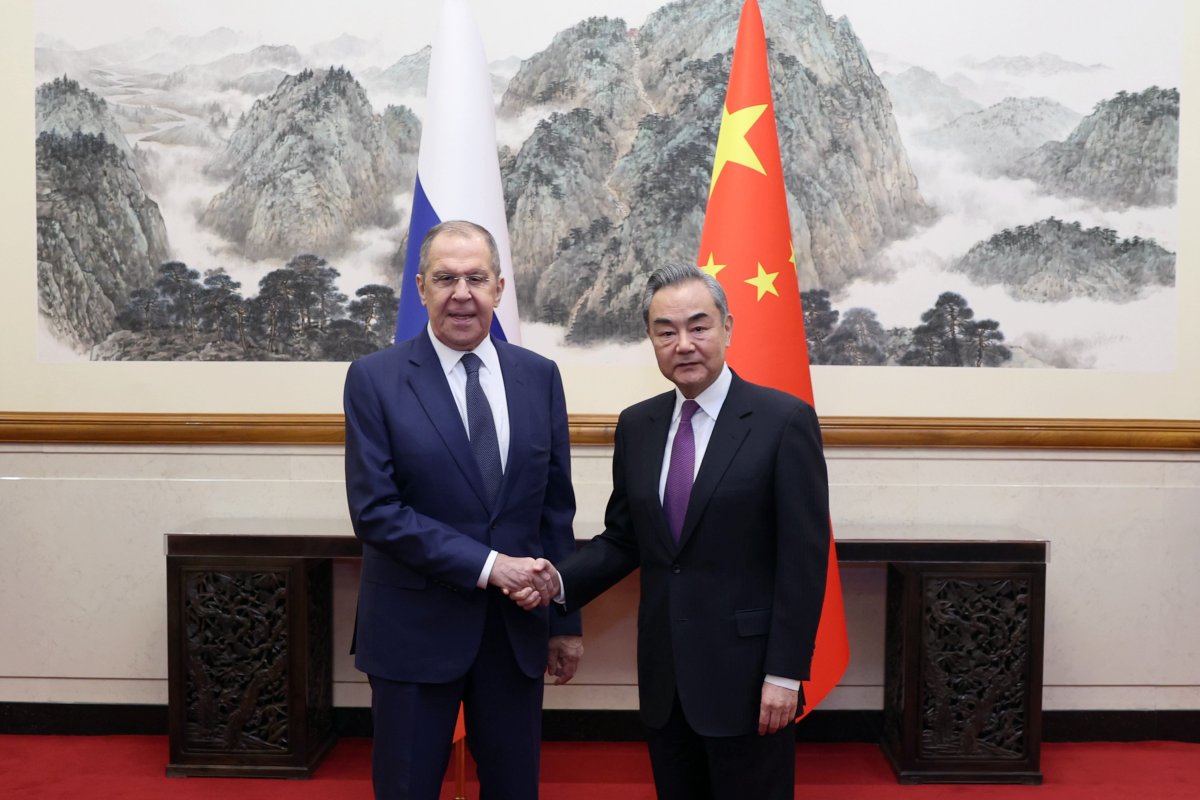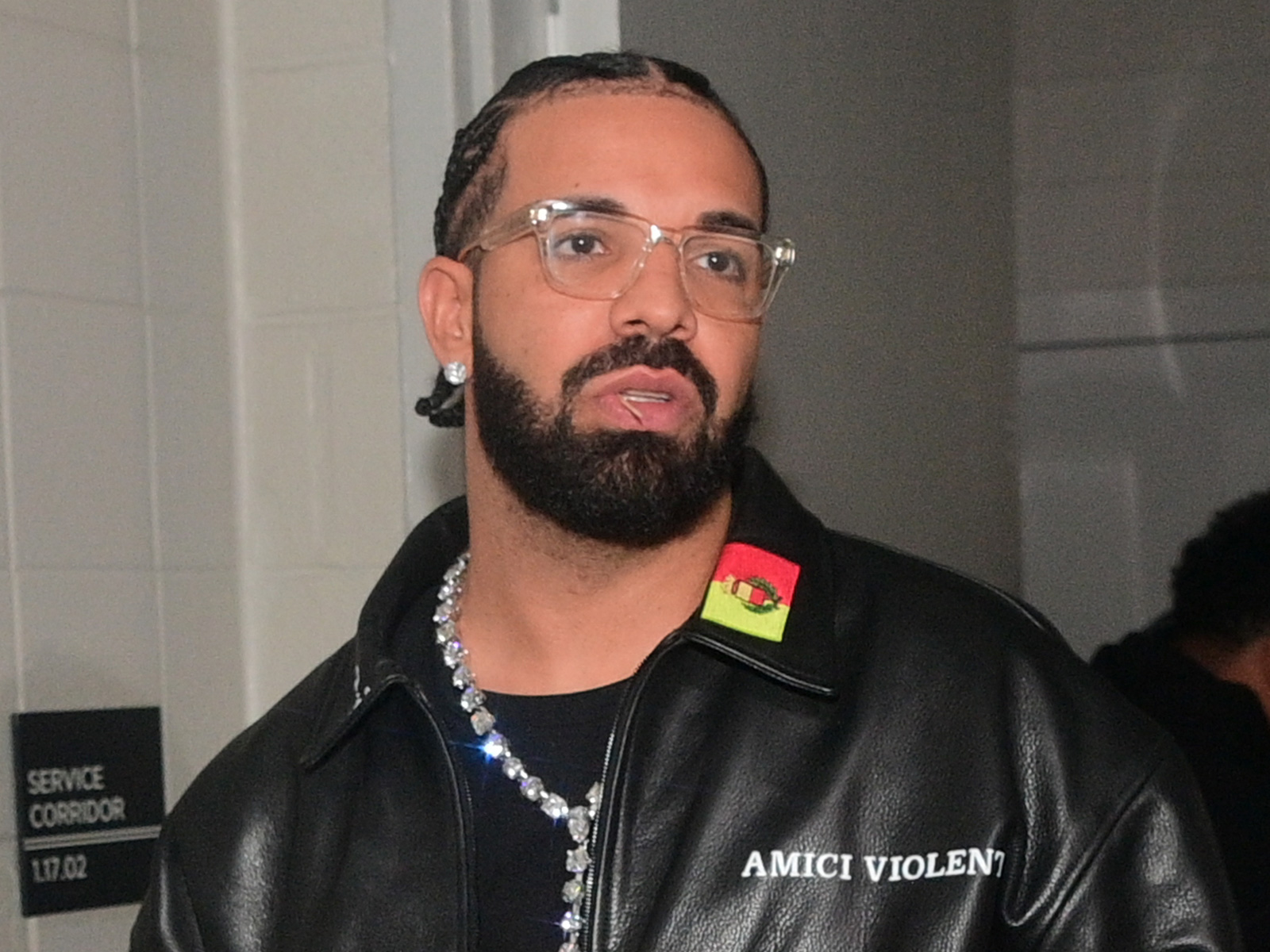Moscow and Beijing's top diplomats on Tuesday accused NATO of seeking ways to enter the Asia Pacific and warned the trans-Atlantic alliance against "stretching its hands to our common home."
At the press conference following his meeting with Chinese counterpart Wang Yi, Russian Foreign Minister Sergey Lavrov also said the two had mooted a "new security architecture in Eurasia as Euro-Atlantic mechanisms continue to decay and destroy themselves," Russia's state-owned TASS news outlet reported.
Beijing views the prospect of NATO, a Western military alliance, extending its reach into Asia as a direct challenge to its regional influence, as well as a security concerns. It is also concerned about encirclement, a fear already shared by Russian President Vladimir Putin, who cited alleged NATO encroachment as a justification for launching his invasion of Ukraine.
"We have talked a lot about the need to ensure security and stability in the Asia-Pacific region, where the U.S. continues to pursue a policy of private military and political alliances with limited membership that are clearly directed against China and Russia," Lavrov said.
He said the U.S. and its allies also are "promoting their bloc-based approaches here, particularly emphasizing the need for the North Atlantic Alliance to enter the region."
In their meeting, Wang had proposed a policy of "dual opposition" to Western obstruction of "a multipolar world order and "democratization and justice," according to Lavrov.
"Any remarks or deeds that cause division or add up to confrontation are not welcome in the Asia-Pacific, and they have no future," Wang told reporters.
Wang said both countries also oppose hegemonism, power politics, and monopolies on global affairs by only a few nations, according to a Chinese foreign ministry readout.
Newsweek reached out to NATO and the U.S. State Department with a written request for comment.

Lavrov was in the Chinese capital to mark the 75th anniversary of diplomatic ties between the People's Republic of China and Russia (then the Soviet Union). Later on Tuesday, he also met with President Xi Jinping.
China has previously bristled over the perceived implications of engagement between U.S.-allied countries in its neighborhood and NATO.
When the leaders of four non-NATO countries—Japan, Australia, South Korea, and New Zealand, were invited to attend a NATO summit in Lithuania last summer, the Chinese diplomatic mission to the European Union said Beijing opposed the 32-member alliance's "eastward movement into the Asia-Pacific region."
Since the 2022 invasion of Ukraine, Russia has been moving ever closer to China, which has provided its neighbor an economic lifeline to help it weather the West's crushing sanctions in retaliation for the war.
Drones and components made by Chinese companies have also reportedly found their way onto the battlefield in Ukraine.
Uncommon Knowledge
Newsweek is committed to challenging conventional wisdom and finding connections in the search for common ground.
Newsweek is committed to challenging conventional wisdom and finding connections in the search for common ground.
About the writer
Micah McCartney is a reporter for Newsweek based in Taipei, Taiwan. He covers U.S.-China relations, East Asian and Southeast Asian ... Read more
To read how Newsweek uses AI as a newsroom tool, Click here.






